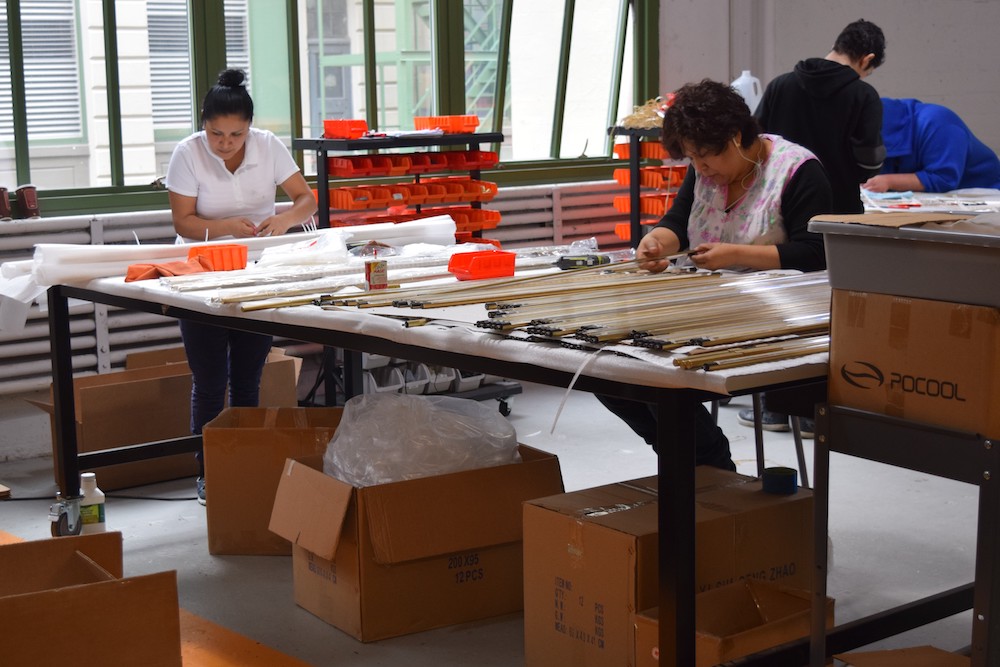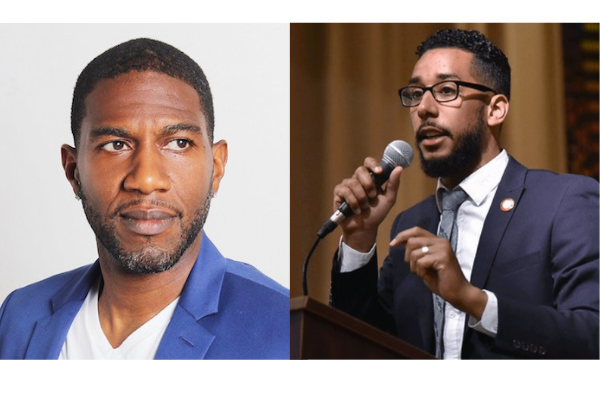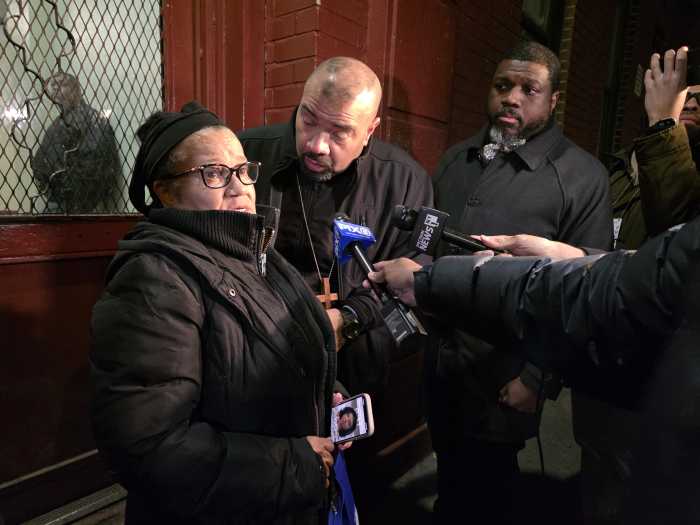Two of Brooklyn’s top progressive lawmakers yesterday rejected outright Industry City’s proposal to rezone part of the Sunset Park waterfront it already owns and that would create thousands of jobs and small business opportunities.
Public Advocate Jumaane Williams and City Councilmember Antonio Reynoso (D-Greenpoint, Williamsburg) both issued rejection statements as the hearings got underway in the city council as part of the city’s final step to give a thumbs up or thumbs down on the rezoning proposal as part of the Uniform Land Use Review Procedure (ULURP).
The plan, which does not call for any housing, seeks to further convert and/or demolish and rebuild some of the either vacant or used for warehouse and storage space buildings in the sprawling 16-building industrial/retail/light manufacturing complex.
If approved, the rezoning will expand the current usable size of Industry City from 5.3 million square feet to 6.6 million square feet. Supporters of the project say the rezoning will generate more than 20,000 jobs and attract $1 billion in private investment. This includes the 8,000 workforce already at Industry City, 7,000 new positions expected there as well as another 8,000 jobs off-site.
Almost all the city unions and the construction trades support the plan, but extreme leftists, progressives as well some neighborhood locals and City Councilmember Carlos Menchaca (D-Sunset Park, Red Hook) oppose the plan, saying it will cause gentrification and some say they want to nationalize the waterfront.

“Development in our City is driven by private developers who want to maximize profits, not support the public. Our City planners’ completely passive and reactionary approach to development, surrendering the proper role of government to the profit motives of these developers, has failed to deliver housing, jobs or transit infrastructure to our communities and left longtime residents threatened with unsustainable housing costs, gentrification, and displacement. Residents have little choice but to oppose new development in their neighborhoods,” said Reynoso.
“There is a better way. I have long argued in favor of New York City developing a comprehensive plan to address development, in collaboration between the City and community residents. This would enable the City and local residents to lead the development process and ensure that any development is appropriate for, and supported by, the community where it takes place. This would guarantee that housing, targeted economic development, infrastructure, and transit improvements are based on actual community needs, not developer profits,” he added.
Williams pointed to two recent rezonings including the one in East New York – which unlike the Industry City rezoning which does not have a housing component – involved Mayor Bill de Blasio‘s controversial Mandatory Inclusionary Housing program.
“For far too long, rezonings have not taken into consideration the views of communities of more color. Developers push through projects despite local community members’ opposition and concerns. We need to change the process of rezonings, and ensure that residents have ample opportunities to be engaged, especially during the pandemic. Only then can we have a genuine conversation about the intent and impact of rezonings. Otherwise, these processes will benefit the developers rather than the community that will be impacted the most from these projects,” said Williams.
There should be a moratorium on all rezoning applications until Int. No. 1572 is passed. The legislation would require a racial impact analysis with all land use applications. This would evaluate racial and ethnic impacts from a proposed development as well as whether it would address fair housing under the Fair Housing Act of 1968,” he added.
The rejection of the plan from Williams and Reynoso comes as the city faces a 20 percent unemployment rate, and an estimated $9 billion budget revenue shortfall due to COVID-19 and an eroding tax revenue base as businesses either close or leave the city.
Williams acknowledged the current financial situation facing the city, but argued that this project would not be a solution.
“I am not convinced that rezoning will lead to these neighborhoods getting the assistance they need. The promised 20,000 jobs from the proposal, is just that, a promise– it may not benefit everyone in the community. That worries me,” said Williams.
Reynoso acknowledged in the current economic climate the city needs to be able to develop vacant properties and old industrial sites for modern usage, but said, more importantly, is the need to change the system.
“I have long argued in favor of New York City developing a comprehensive plan to address development, in collaboration between the City and community residents. This would enable the City and local residents to lead the development process and ensure that any development is appropriate for, and supported by, the community where it takes place. This would guarantee that housing, targeted economic development, infrastructure, and transit improvements are based on actual community needs, not developer profits,” said Reynoso.
Supporters of the rezoning note that since the reactivation of Industry City began in 2013, the number of businesses at the industrial complex has grown from 150 to more than 550 and jobs have increased from 1,900 to 8,000. Nearly 35 percent of the people who work at Industry City are residents of the surrounding neighborhoods, they say.
The City Council must vote on the rezoning by the end of October.






